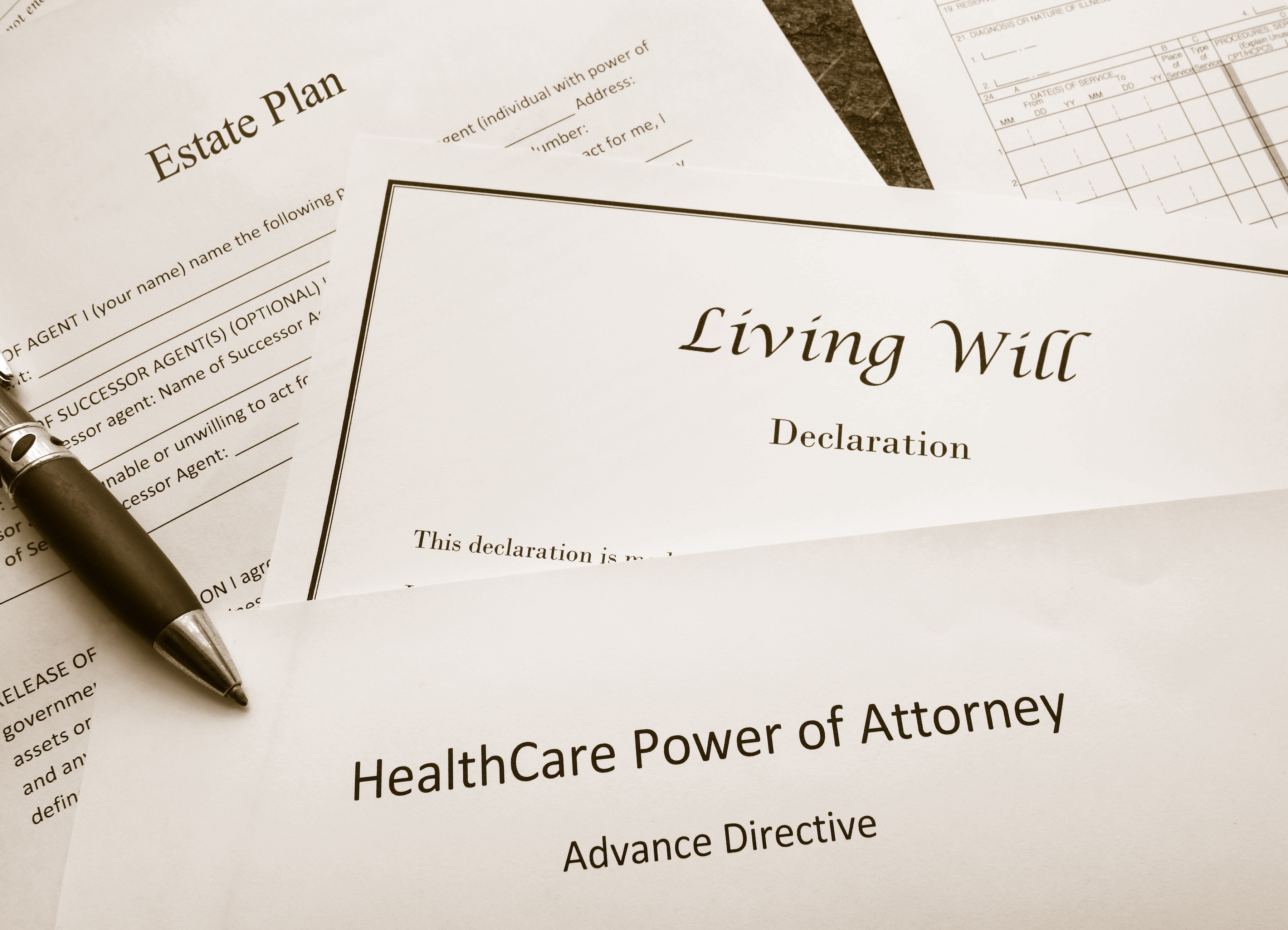Estate planning is one of the most important things you can do for the people you love. It is, however, a task many of us dread and put off until later in life. If there is one thing we can recommend, it is to have a plan for your estate sooner than later. It is never too early to start planning.
Who Gets Your Estate
If you die without a will and you have a surviving spouse, your spouse gets everything. If you have children with your current spouse, he or she still gets everything. However, if you have children from a previous marriage, they get half, and your current surviving spouse gets half.
If you die and are not married and do not have children, your estate goes to your parents or their survivors first. If your parents are not alive, your brothers and sisters and their descendants inherit your estate.
If you have no brothers and sisters, half goes to your paternal side of the family, and half goes to the maternal side of the family in this order: Grandparents or their survivors, uncles and aunts and their descendants, then cousins and other relatives.
If you have no living relatives, then your estate goes to the kindred of your last deceased spouse. And, finally, if none, then your estate goes to the descendants of your great grandparents if they were Holocaust victims.
The probate attorneys at France Law can help you draft an estate plan to ensure that those you want to benefit from your estate, regardless of size, will benefit if any money is left after paying creditors.
When You Don’t Own Much Property
Many people just out of college don’t own a home yet – most are renting or still living at home. But you might own other assets, including a car, bank accounts, and you might have started a retirement account. You could also have collections of items that might or might not be valuable but are sentimental or could become valuable in later years. Estate probate attorneys can help you draft an estate plan for these assets to ensure the assets go to those you want to have them, even if not family.
When You Make Changes to Your Life
When you are a young adult, you are expected to make some major life changes. When this happens, just update your estate plan. For example, when you buy a house, add it to the estate plan. When you get married, make sure you include your spouse. If you have children, you can also add them.
As you move up in your industry and start making more money, it’s easier to save. You might have retirement accounts and stock portfolios. It’s easier to add assets as you acquire them than it is to add everything at once – and should you become incapacitated or die, those assets will go to the person you want them to go to.
Preparing for the Future
An estate plan also helps you prepare for the future. As you obtain more assets and larger savings accounts, you might consider setting up a trust for your children. You can also set up a trust for other family members. For example, if you don’t have children and don’t plan on having children for several years, you can create a trust so that another relative can take care of your business should you become incapacitated. This also mitigates medical facilities from taking all of your assets.
Trusts and Businesses
If you are ready to go into business for yourself right out of college or school, you could also use estate planning to help manage your business. As with personal assets, you need to protect your business assets. You can put a business in a trust for many reasons, including protecting the business from creditors and keeping your business matters private. The business law attorneys at France Law can help you set up a business and protect that business.
Contact France Law For Your Estate Planning
Whether you need to protect personal or business assets, contact France Law to speak with one of our asset protection attorneys to set up an estate. Estate planning is nothing to dread. Our experts will guide you through the process and look forward to speaking with you.






















